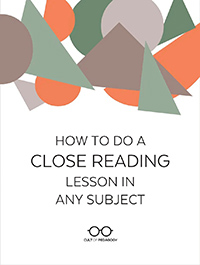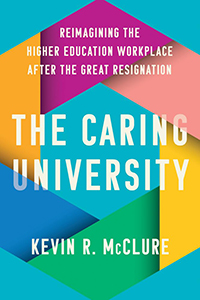In Advancing Research in Philanthropy and Education, Noah D. Drezner brings together leading scholars to examine how cultural practices, social identities, and historical traditions shape philanthropic giving across global educational contexts. Bridging scholarship and practice, the volume reframes giving not merely as a financial act, but as a relational and cultural force capable of advancing access, equity, innovation, and institutional well-being. Though written for policy advisors, researchers, and higher education leaders, the book offers insights highly relevant to independent and international schools. Drawing on case studies from North America, South America, and Asia, contributors illuminate how donors, foundations, and organized funding shape educational landscapes. Particularly resonant are chapters showing how engaging donor identity and cultural context can foster more inclusive and equitable approaches to giving—guidance essential for schools seeking to strengthen their cultures of philanthropy and deepen trust with alumni, families, and communities. The volume also addresses the ongoing challenge of aligning donor priorities with institutional mission. Examples of organizations navigating pressures that risk stretching or narrowing their commitments provide practical direction for cultivating authentic narratives, partnerships, and strategies that support sustainable philanthropic cultures. For schools increasingly reliant on philanthropy, expanding expertise in who gives, why they give, and how generosity aligns with mission is vital. Drezner’s collection provides a timely, research-informed guide for stewarding trust, widening access, diversifying donors, and aligning generosity with purpose.









